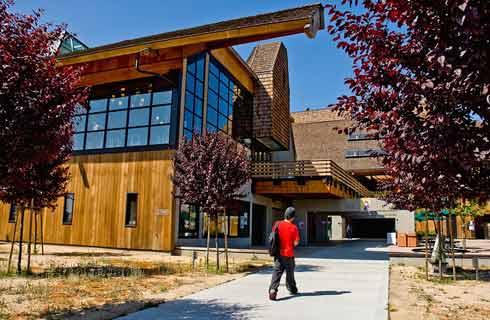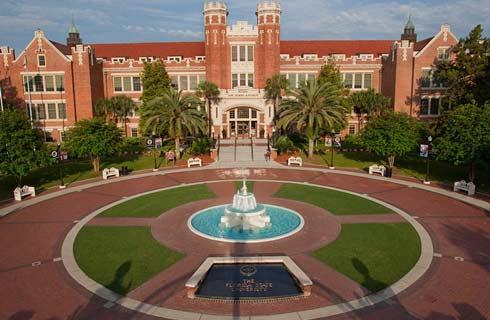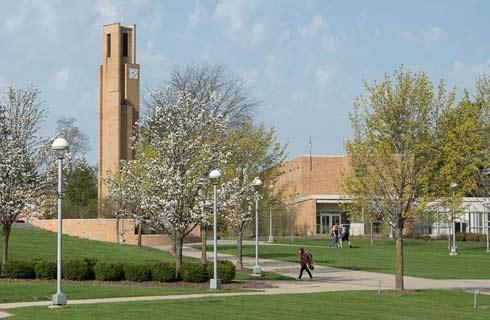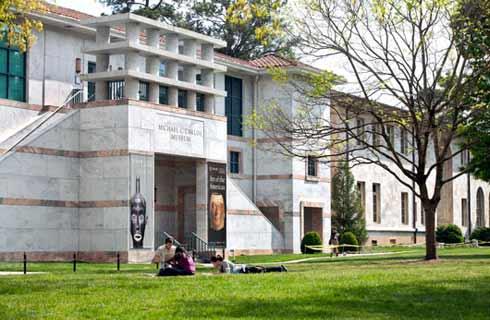课程简介
The Developmental Psychology Program considers fundamental questions in the field of psychology from the perspective of developmental change. The primary area of emphasis is cognitive development, including attention and memory, learning and conceptual development, language acquisition, reading development, mathematics development, and the interactions among these processes. Secondary areas of emphasis include social cognition, moral development, and parent-adolescent relationships. Faculty employ state-of-the-art experimental methods for studying cognition in infants and young children, for example preferential looking, habituation, EEG, fMRI, microgenetic approaches, quantitative and molecular genetics, as well as traditional experimental techniques and physiological measures. Students are encouraged to visit individual labs for more specific information about on-going research. During their first two years, students take a series of core courses that prepare them intellectually and methodologically for the program. The intellectual core consists of Cognitive Development, Social Development, and Language Acquisition, the methods core consists of a multi-quarter statistics sequence and a specialized Developmental Methods course. Students are also expected to take more specialized courses that link to their research interests and inform the research for their master's degree. Students are expected to complete their master's degree, including the master's thesis, by the end of the first two years of study. At the end of the third year, students are admitted to Ph.D. candidacy after passing the Candidacy Examination. Questions for the Candidacy Examination are based on a reading list that is prepared with the help of the four faculty members who serve on an examination committee. An additional one to two years are typically spent completing the Ph.D. dissertation.
展开





































